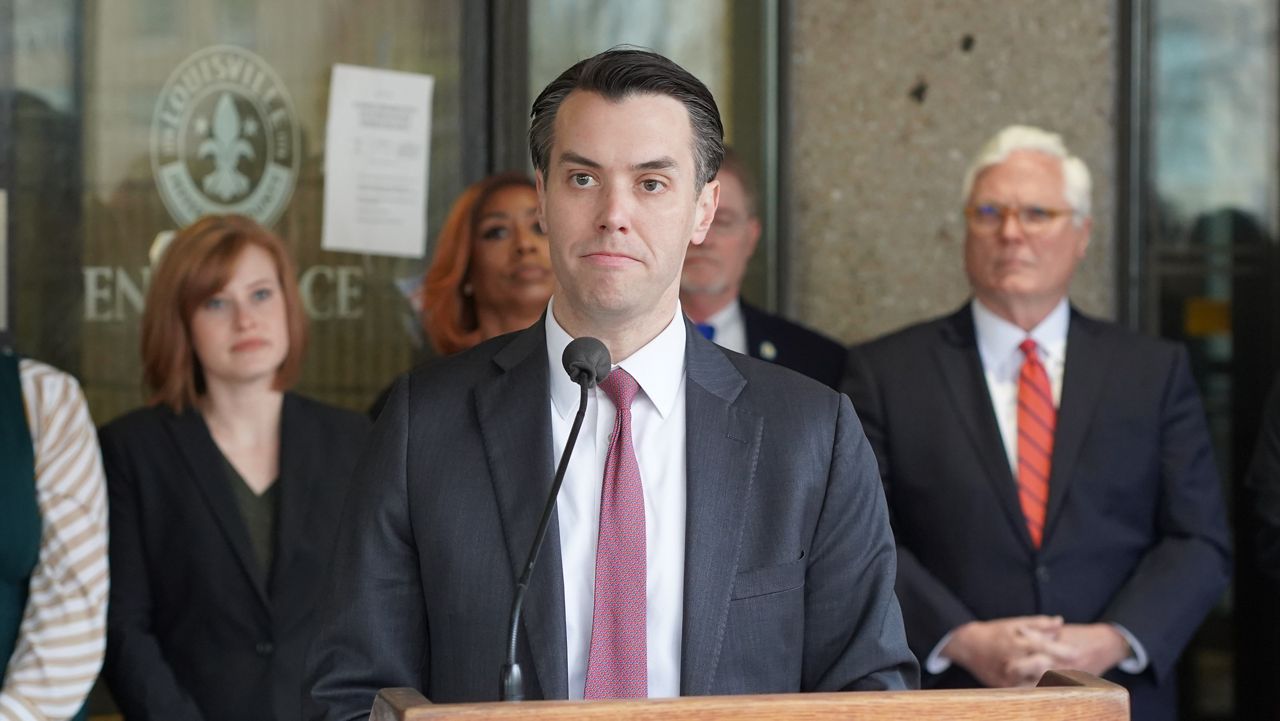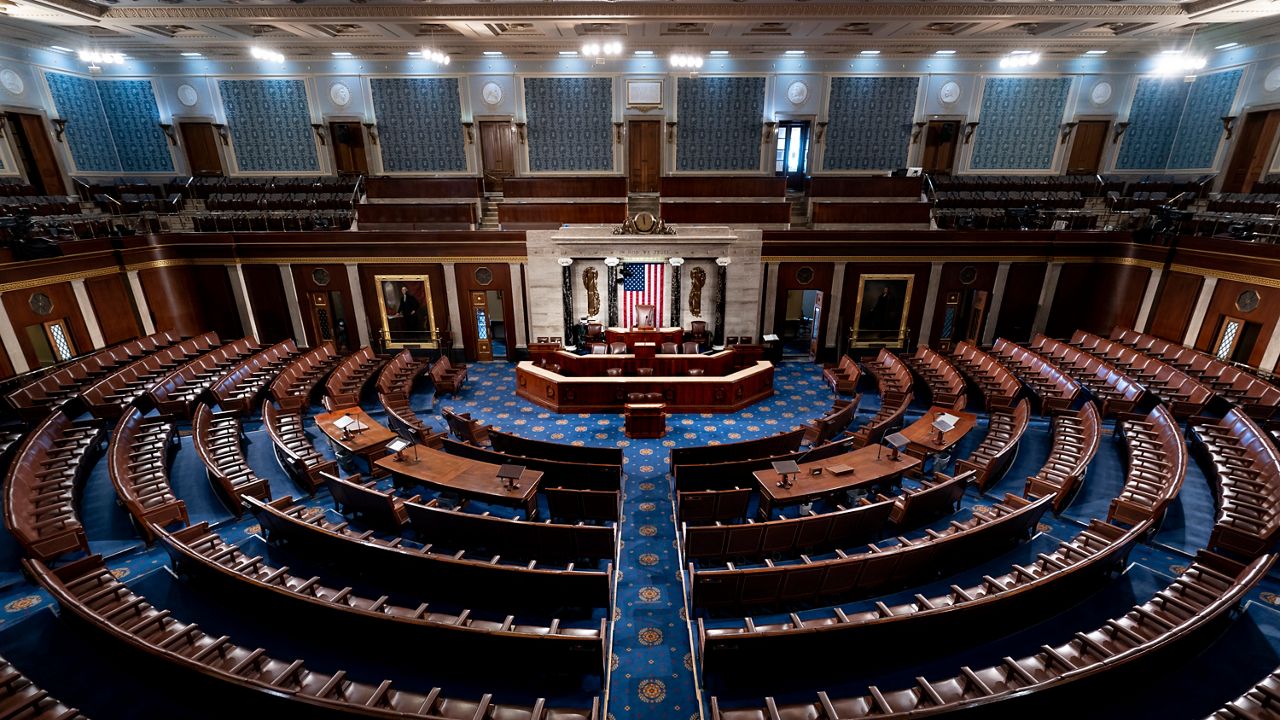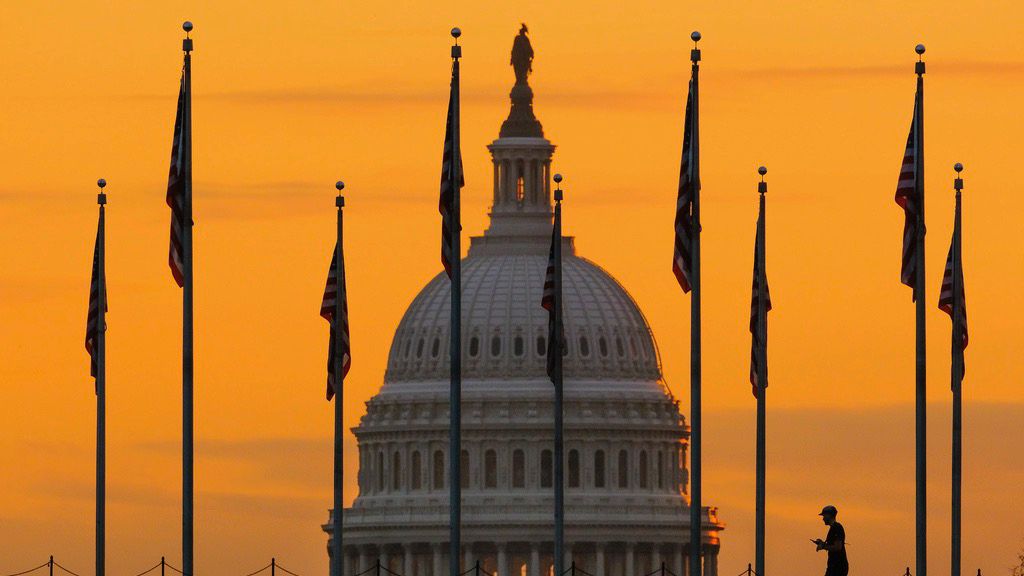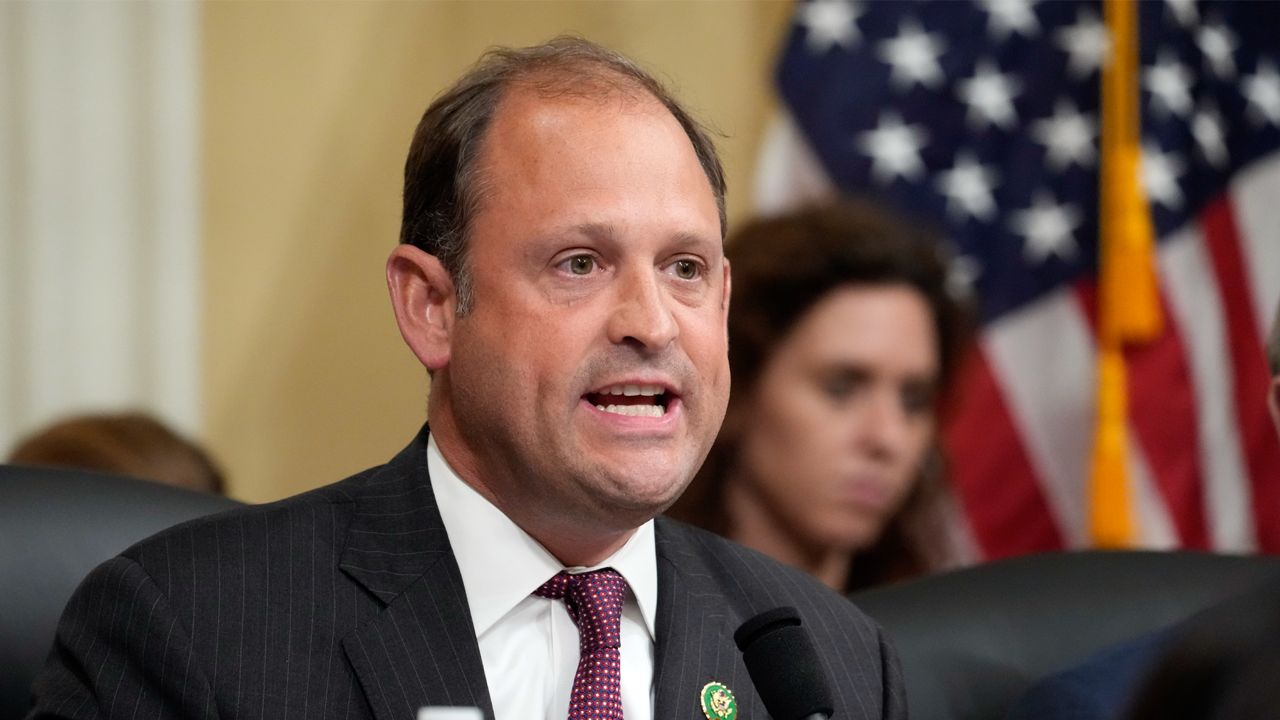WASHINGTON — There’s a conservative push in states across the country to limit the rights of transgender young people.
What You Need To Know
- Kansas, Indiana, Idaho and North Dakota are among the states to recently pass legislation restricting the rights of the LGBTQ community.
- One of the most restrictive anti-trans bills in the country just became law in Kentucky. Senate Bill 150 essentially bans gender transition care for children, restricts which bathrooms students can use and puts limits on discussing sexuality in the classroom
- It also allows teachers to refer to their students by the gender assigned to them at birth
- Transgender Day of Visibility, recognized on March 31, was created to was created by an equal rights advocate in 2009.
“This has been one of the worst weeks of 2023, so far, in terms of anti-LGBTQ bills becoming law in states across America,” White Press Secretary Karine Jean-Pierre said on Thursday.
The White House called these restrictive state laws a “dangerous attack on the rights of parents to make the best health care decisions for their own kids.”
Lizette Trujillo of Arizona said legislation that takes aim at the transgender community hits close to home. Her 15-year-old son, Daniel, is transgender.
“It’s infuriating. It’s maddening. It’s exhausting,” Trujillo told Spectrum News.
Last week, Trujillo and her son were invited to take part in a roundtable at the White House on Transgender Day of Visibility. According to the Human Rights Campaign, there are over 1.6 million trans youth (age 13+) and adults across the U.S.
“It was great to hear the kids really talk about the importance of trans joy and visibility, and the responsibility they feel to speak up for themselves and others who may not feel like they can,” Trujillo said.
The roundtable included voices from states where transgender rights are under attack, including Texas and Arizona.
“We are just kids trying to live our lives,” Daniel Trujillo said.
The White House has released a plan to support transgender youth, including providing more mental health resources and issuing guidance on gender identity inclusion for federal workers.
One of the most restrictive anti-trans bills in the country just became law in Kentucky. Gov. Andy Beshear, D-Ky., vetoed the bill, but the Republican-led state Senate voted 29-8 to override that veto. Kentucky’s Senate Bill 150 essentially bans gender transition care for children, restricts which bathrooms students can use and puts limits on discussing sexuality in the classroom. It also allows teachers to refer to their students by the gender assigned to them at birth.
“That limiting language thing gets used a lot when trying to dehumanize people,” Daniel Trujillo said. “I know from my experience being called Daniel and having the correct pronouns used for me was life changing.”
Although research shows that regret from transitioning is rare, Republican lawmakers who supported the Kentucky state bill said that life-altering decisions shouldn’t be made at a young age.
“We’re talking about irreparable, permanent changes to a child. Their brains are not developed,” said state Sen. Lindsey Tichenor, R-Smithfield, when speaking about a previous version of SB 150. “They have no idea what the consequences could be until they get to that age, and at that point, you cannot undo what is being done.”
U.S. Rep. Morgan McGarvey, D-Ky., who used to serve in the state house himself, tweeted about SB 150 calling it “miserable, mean and misinformed.” He added that “this puts our vulnerable kids at a greater risk of dying.”
With the 2024 presidential election approaching, the political debate surrounding this topic is likely to continue, leaving families like the Trujillos stuck in the middle.










